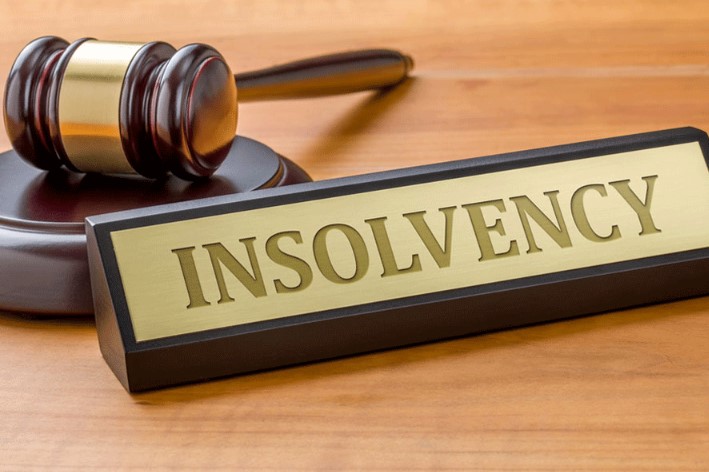Tax Cheats, Dodgers, Avoiders, And Evaders

Taj Mahal, the casino after owned by Donald Trump in Atlantic Town, United states. (Image by Tony … [+]
The information is stuffed with stories about conflicts concerning taxpayers and tax collectors. Just a couple weeks in the past a New York jury convicted the Trump Organization of criminal fraud for a 15-12 months scheme to assistance prime executives dodge taxes. Even though that circumstance is a linguistic no-brainer, we often wrestle to thoroughly describe those people who aggressively perform to lessen their taxes.
We have a tendency to use a extended record of descriptions just about interchangeably. There is tax avoidance, tax evasion, and tax fraud. We describe men and women and organizations as tax cheats and tax dodgers. But what do all these phrases really necessarily mean?
The brief answer: Nobody can agree.
And, amongst other problems, this ambiguity confounds the way we think about the tax gap—the change amongst taxes owed and taxes compensated.
Assume of tax compliance along a continuum. At one particular conclude are compulsively genuine taxpayers who shell out every single dime they owe (and potentially even some tax they never owe).
At the other stop, there are stone-chilly tax evaders: drug dealers who are unsuccessful to report income from their illicit functions, or standard small business homeowners who claim a deduction for the relatives automobile when they know they hardly ever use it for company. They fit the lawful definition of tax evasion, which is a voluntary, intentional violation of a known authorized obligation. Quite a few also simply call them tax cheats, while the phrase has no legal this means.
But then there is a significant gray spot. That is the residence of people who stretch the legislation as much they possibly can to lower their tax liability. Can their tax advisers obtain a deduction that might be lawful, in other text a single that could be sustained if challenged? Maybe they are relying on a novel interpretation of the law or driving by way of a loophole Congress remaining open when it wrote a statute.
Economists and lawyers seem at this gray space in pretty unique techniques.
Economists frequently consider there is a red line that divides the environment into two somewhat very clear concepts: tax avoidance, which is flawlessly lawful, and tax evasion, which is not.
For them, avoidance is lawfully reducing tax liability. It doesn’t make a difference how intense taxpayers are or even irrespective of whether they intend to sidestep the law. If the IRS can not efficiently establish they violated the law, the activity is avoidance. Odorous, maybe, but legal.
Evasion, or fraud, falls on the other facet of that line. If these actions are challenged, the taxpayer would drop and be uncovered to violate the regulation.
But tax practitioners really do not imagine like that. They stay in the shadows of that grey space and lots of even resist the strategy of a crystal clear crimson line at all. They write nuanced viewpoints that may well say a deduction is “more most likely than not” to thrive if it is questioned by tax authorities.
If I count on this kind of an viewpoint but it turns out to be incorrect, does that make me a tax cheat? An unsuccessful tax avoider? Or somebody who got bad advice?
And what if the IRS under no circumstances difficulties the deduction? The agency might contest it on my tax return but not on yours. A person judge may obtain the deduction poor, whilst one more may perhaps say it is just good. And, as we’ve seen with Donald Trump’s particular tax returns, it may perhaps be a long time, or even decades, ahead of disputes are fixed. Is it cheating if you in no way get caught?
Have you failed to comply with the tax laws if the IRS in no way notices? If you generate 80 miles an hour in a 55 mile an hour zone, are you rushing even if you do not get a ticket?
Tax practitioners are not permitted to advise purchasers centered on their chance of remaining uncovered out. But taxpayers can, and do, choose this “audit lottery” into account.
A superior illustration of this legal and linguistic ambiguity: Previous President Trump claimed $916 million in net working losses in the 1990s, even nevertheless his individual legal professionals instructed him that his placement would not likely stand up beneath IRS scrutiny. But there is no community evidence that the IRS ever challenged Trump’s losses.
Probably the IRS missed the problem, or quietly settled for pennies on the greenback. But what do we get in touch with what Trump did? Was it tax fraud or evasion? Or basically, particularly intense tax avoidance?
Let us stop the place we started off. We all fully grasp what a conviction for prison tax fraud suggests. But how do we label any person who pays much less tax than they eventually owe? Steve, a tax lawyer with 25 yrs of encounter, favors a decidedly non-legal term: tax dodger. But offered all the ambiguity about non-payment of taxes, nothing at all suits perfectly.







